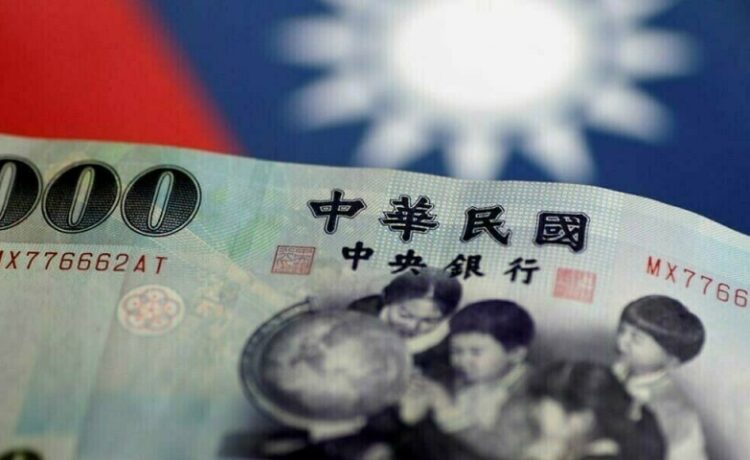Several Asian currencies hit multi-month lows on Wednesday, while regional stocks were mixed, with traders pouring into the safe-haven greenback after strong US economic data.
The South Korean won, one of the worst performers among Asian currencies for the year to date, slipped 0.5% to its lowest since Nov. 2.
The Taiwanese dollar fell 0.3%, hitting its lowest level since Nov. 16.
Indonesia’s rupiah lost 0.4%, dropping to its lowest in nearly five months.
The US dollar, which measures the strength of the greenback against six major currencies, appreciated 0.1% to 104.38 on the back of stronger-than-expected orders for long-lasting US manufactured goods and concerns that hot inflation numbers could cause a rethink in the Federal Reserve’s rate-cut outlook.
The Fed’s preferred inflation gauge – the Personal Consumption Expenditures Price Index (PCE) is due on Friday, and is expected to have risen 0.4% in the last month.
“The Fed’s decision to uphold three rate cuts in the dot plot for 2024 seemed to contradict the prevailing economic indicators, notably the above-forecast inflation data for January and February,” said Luca Santos, currency analyst at ACY Securities.
The Hong Kong’s Hang Seng and mainland Chinese blue chips lost 0.7% and 0.5% respectively, reversing gains from the previous session.
Asian currencies oscillate within tight range; shares muted
The stronger dollar had China’s yuan down 0.2% at 7.2283 per dollar and close to a four-month low, even after the central bank signalled support with a firm setting of its daily trading band.
Singapore’s shares index, the worst performer in Asia markets so far this year, climbed 0.8%, a day after recording a sharp jump in industrial production for February.
The index was at its highest level since Sept. 19.
“Overall these numbers are in line with the regional recovery in exports and manufacturing we see across Asia, including out of Korea and Taiwan,” MUFG analysts said in a note to clients.
Elsewhere, Malaysian and Indonesian stocks dipped 0.5% and 0.3% respectively.
Thailand’s benchmark index advanced 0.4%.
















